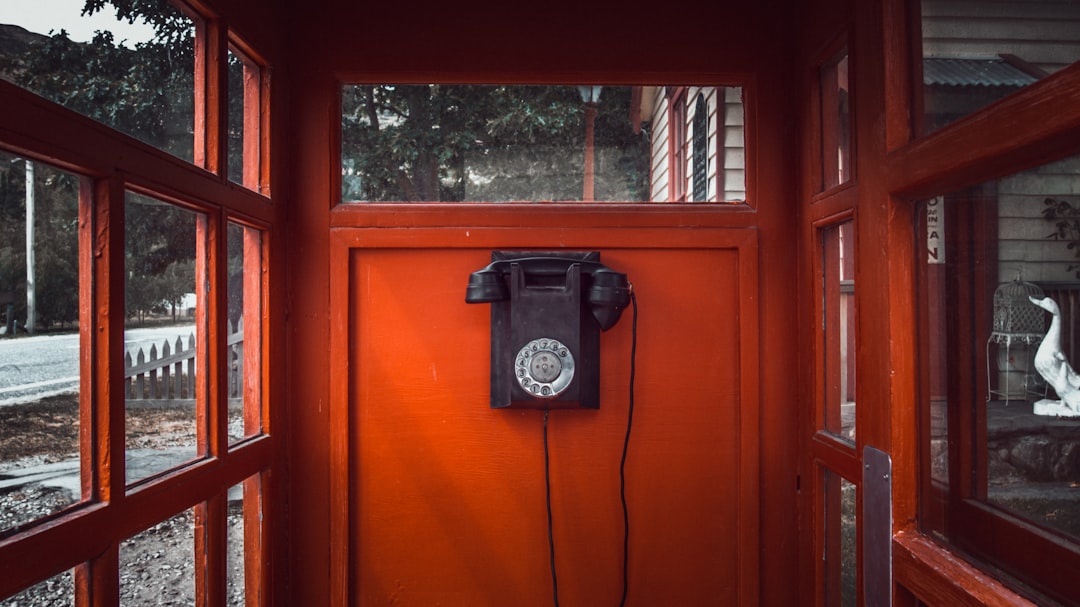Staying informed about spam call regulations in Pennsylvania, especially in Pittsburgh, is crucial due to state-specific laws protecting citizens from intrusive marketing practices. A lawyer for spam call Pennsylvania offers specialized insights into the Do-Not-Call Registry, automated dialing system guidelines, and consent requirements. These lawyers help residents and businesses navigate complex issues, maintain legal rights, and avoid penalties ranging from $500 to six figures. Proactive measures like using call blocking apps, educating employees, and verifying lawyer identities through official channels can further protect against spam calls.
Staying informed about spam call regulations is crucial for both Pittsburgh residents and businesses. This guide navigates the complex legal landscape, providing a comprehensive overview of anti-spam laws in Pennsylvania, specifically how they apply to local telephone services. From understanding the CAN-SPAM Act to enforcement mechanisms and penalties, you’ll learn effective steps to protect yourself and your business from unwanted spam calls. Consult with a lawyer for spam call Pennsylvania for expert advice tailored to your needs.
Understanding Spam Call Regulations in Pennsylvania: A Legal Perspective

Staying informed about spam call regulations is crucial in today’s digital age, especially with the ever-evolving legal landscape in Pennsylvania. As a resident or business operating within the state, understanding your rights and responsibilities regarding unwanted phone calls is essential. Pennsylvania has implemented specific laws to combat spam calls, offering protections to citizens from intrusive marketing practices.
A lawyer for spam call Pennsylvania can provide valuable insights into these regulations, ensuring you remain compliant. The Do-Not-Call Registry, established by the state’s attorney general, allows consumers to opt-out of telemarketing calls and protects against abusive or deceptive practices. Additionally, laws regarding automated dialing systems and prerecorded messages have strict guidelines, aiming to prevent nuisance calls and safeguard consumer privacy. Knowing your legal rights and obligations is key to navigating this complex issue effectively.
The Impact of Spam Calls on Pittsburgh Residents and Businesses

Spam calls have become a pervasive issue for Pittsburgh residents and businesses, impacting their daily lives and operations. These unwanted phone communications, often containing promotional messages or fraudulent schemes, can lead to increased stress, wasted time, and potential financial losses. For individuals, they may feel invaded by constant interruptions, while businesses face the challenge of maintaining customer relationships and protecting their reputation.
In Pennsylvania, including Pittsburgh, there are strict regulations in place to combat spam calls, with laws designed to protect consumers’ privacy and rights. A lawyer for spam call in Pennsylvania can provide guidance and assistance when these regulations are violated, ensuring that residents and businesses have legal recourse against persistent or malicious spammers.
Key Provisions of the CAN-SPAM Act and How It Applies to Local Telephone Services

The CAN-SPAM Act, a comprehensive federal law, sets key provisions for commercial email and message senders. It mandates clear opt-out mechanisms, restricts certain misleading practices, and requires senders to honor requests to stop sending messages. For local telephone services in Pittsburgh, these regulations extend to spam calls as well. A lawyer for spam call Pennsylvania can offer valuable insights into how this law applies to your specific situation.
Under the CAN-SPAM Act, businesses must obtain explicit consent before calling a consumer and must provide a simple way for recipients to opt out of future calls. Failure to comply with these rules can result in penalties. It’s crucial for telephone service providers in Pittsburgh to stay informed about these regulations to ensure they’re protecting consumers’ rights while adhering to the law.
Enforcement and Penalties for Violating Anti-Spam Laws in Pittsburgh

In Pittsburgh, as in the rest of Pennsylvania, the enforcement of anti-spam laws is taken seriously by regulatory bodies. Violations can result in substantial penalties for individuals and businesses alike. Fines range from hundreds to thousands of dollars, depending on the severity of the infraction. For instance, a single unauthorized call could lead to a fine of $500 or more. Repeated offenses within a certain period can significantly increase these penalties.
If found guilty, a judge may also order the cessation of all spam calls and even seek court-ordered restrictions on future marketing activities. This can prove particularly damaging for businesses. To mitigate these risks, many companies opt to consult with a lawyer for spam call Pennsylvania. Legal experts in this field can guide organizations on compliance, draft effective anti-spam policies, and represent them if any issues arise with regulatory bodies.
Steps to Protect Yourself and Your Business from Unwanted Spam Calls

Staying informed about spam call regulations is crucial, especially in a bustling city like Pittsburgh. As these laws evolve, so do the tactics used by spammers. To protect yourself and your business from unwanted calls, take proactive measures. First, invest in a reputable call blocking app or software that filters out known spam numbers. Many of these tools learn and adapt to new patterns, ensuring continuous protection.
Additionally, educate yourself and your employees about recognizing potential scams. Be wary of unknown numbers displaying restricted or private information. If you’re approached by someone claiming to be a lawyer for spam call Pennsylvania or any similar role, verify their identity through official channels. Regularly update your contact lists and avoid sharing personal details unless absolutely necessary to minimize the risk of becoming a target.






